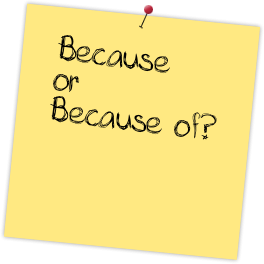Oh my! We are enjoying the last week of summer and I don’t want to think about what’s ahead of us. I quite like autumn provided it doesn’t rain a lot, but I absolutely hate winter. Light for me is essential and where I live, surrounded by beautiful misty green mountains, we don’t get to see much light in winter. That’s the downside.
Anyway, I got the idea for this post just before my brain exploded after endless hours of correcting errors from essays.
Have a look at these two sentences. Take your time.
Which is correct? The first? The second? Or maybe both?
1. I paid the tickets with my credit card
2. I paid for the tickets with my credit card

At the end of this blog post, you’ll find a little quiz to test your knowledge, but now here’s the explanation:
The verb “to pay” can be both transitive and intransitive.
Intransitive
- You” pay FOR something” when saying exactly what you’ll receive in return for the money/payment. Therefore, sentence 2 above is correct. (I paid the tickets with my credit card)
- I paid for the tickets with my credit card
- My son pays for his internet connection with his pocket money.
- How much would you pay for that jacket?
Transitive
- You “pay something” when you don’t mention what is being purchased.
- I paid 50€ to get a good seat
- Everybody in Spain must pay taxes
- I need to work if I want to pay the bills/the rent
- You “pay someone”.
- I paid him 50€
- He has always paid his employees
- Can you pay the plumber for fixing the tap?
And now that we are on the subject 🙂 perhaps you’re williing to go the extra mile and learn a few expressions with this common verb. Here we go. Just 6.
- To pay in advance= to pay for something before it is received or delivered
I paid in advance for the first night in the hotel
- To pay an arm and a leg/ to pay through the nose for something = you pay too much
Most Americans pay an arm and a leg to provide their families with a health plan
- To pay the price= to suffer the consequences for doing something or risking something
Those who did not get off early paid the price and couldn’t get there on time
- To pay as you go = to pay costs as they occur; to pay for goods as they are bought (rather than charging them)
Get a pay as you go mobile
- To pay (someone) peanuts= to pay someone the absolute minumum amount necessary.
Talking about money, we hear that in sweatshops workers are paid peanuts.
- To pay attention to (someone/something)= to give attention to someone/something As I grow older, I pay less attention to what men say. I just watch what they do.
Blog de Cristina is also on Facebook. Follow us!
And here’s the quiz, as promised.




